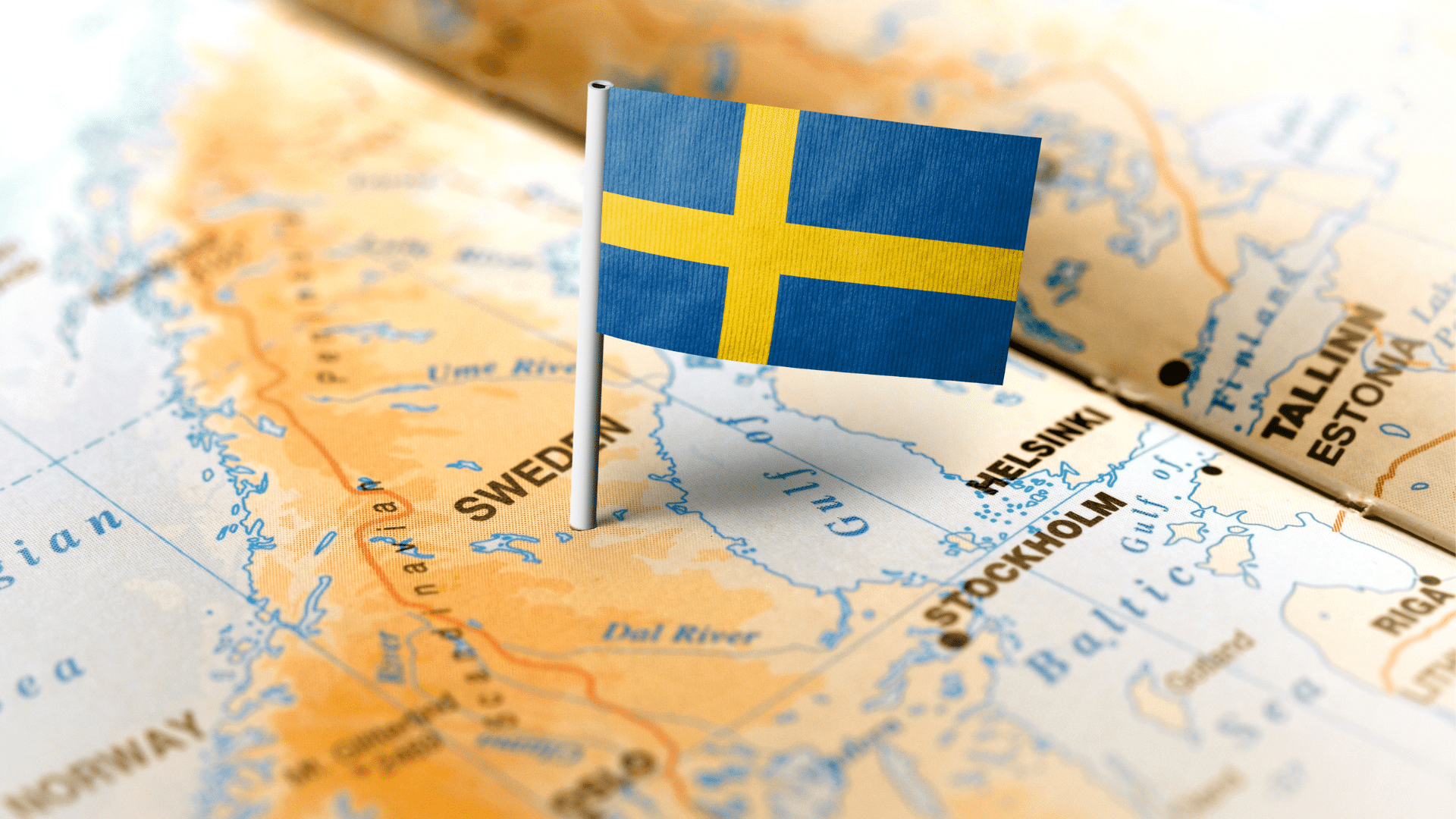Sweden plans tax cuts to boost growth

FILE / STOCK
Stockholm, Sweden — Sweden plans to cut taxes in a bid to boost growth, the government outlined Thursday in a draft 2025 budget that was accused of neglecting the climate and welfare system.
The Scandinavian country has seen two years of sluggish economic growth as it battled high inflation.
The right-wing government, backed by the far-right Sweden Democrats, made cooling price rises a top priority when it came to power in 2022.
“We have now won that fight,” Finance Minister Elisabeth Svantesson told a press conference.
READ: Federal Reserve signals end to inflation fight with half-point rate cut
Article continues after this advertisementThe government hopes tax cuts will kick-start the economy, which recorded a contraction of 0.3 percent in the second quarter.
Article continues after this advertisementInflation fell below two percent in August.
“Going forward, the task will be to ensure that high inflation does not return, and at the same time to implement reforms and investments that build a more prosperous, safer and more secure Sweden for generations to come,” Svantesson said.
The draft budget for 2025 includes reforms worth 60 billion kronor ($5.9 billion), excluding military spending.
More than half that amount is earmarked for tax cuts the government says will boost households’ spending power.
“The tax burden is expected to be at its lowest level since 1980,” the finance ministry said in a statement.
Duties on petrol and diesel will be reduced as part of the measures, as well as a tax on investment savings account, SEB Bank said in a research note.
“This budget marks the transition from a cautious fiscal policy aimed at fighting inflation to a more expansive policy aimed at creating long-term growth and competitiveness,” it said.
Sweden has one of the lowest levels of public debt in Europe, expected to rise slightly to 33 percent of GDP in 2025.
But the planned cuts to tax on air travel and on fuel will increase greenhouse gas emissions, Swedbank analysts said.
The budget “promotes growth, but harms the climate,” they noted.
Opposition parties also criticised the measures as benefitting the richest in Swedish society, saying an extra 7.5 billion kronor on health, education and social benefits is insufficient.
“Schools and the social security system are being left behind,” said Stockholm Mayor Karin Wanngard, from the opposition Social Democrats.